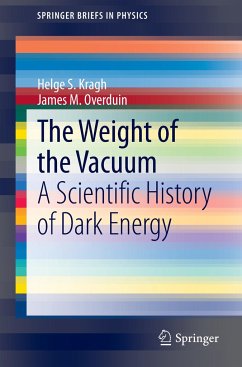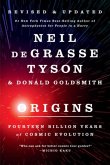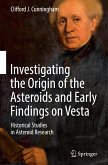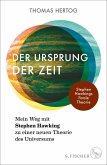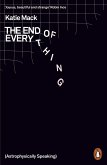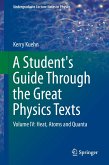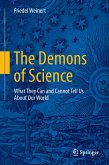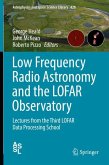The 2011 Nobel Prize in Physics was awarded for the discovery of cosmic acceleration due to dark energy, a discovery that is all the more perplexing as nobody knows what dark energy actually is. We put the modern concept of cosmological vacuum energy into historical context and show how it grew out of disparate roots in quantum mechanics (zero-point energy) and relativity theory (the cosmological constant, Einstein's "greatest blunder"). These two influences have remained strangely aloof and still co-exist in an uneasy alliance that is at the heart of the greatest crisis in theoretical physics, the cosmological-constant problem.
"This is an interesting historical overview of the development of ideas relating to vacuum energy. It is a well-written, easy read, and should appeal to anyone with an interest in dark energy, which should be all of us, since this is often claimed as the biggest mystery in modern physics. Kragh and Overduin have split the story into 12 chapters, tracing relevant ideas from the ancient Greek philosophers up to the present day." (Douglas Scott, Journal for the History of Astronomy, Vol. 47 (4), November, 2016)
"This is an exceptionally good, short guide to the history of physicists' understanding of the energy of empty space. ... This is an excellent brief history of cosmology. I expect to cite it many times in my academic papers and books." (Simon Mitton, The Observatory, Vol. 135 (1245), April, 2015)
"This is an exceptionally good, short guide to the history of physicists' understanding of the energy of empty space. ... This is an excellent brief history of cosmology. I expect to cite it many times in my academic papers and books." (Simon Mitton, The Observatory, Vol. 135 (1245), April, 2015)

